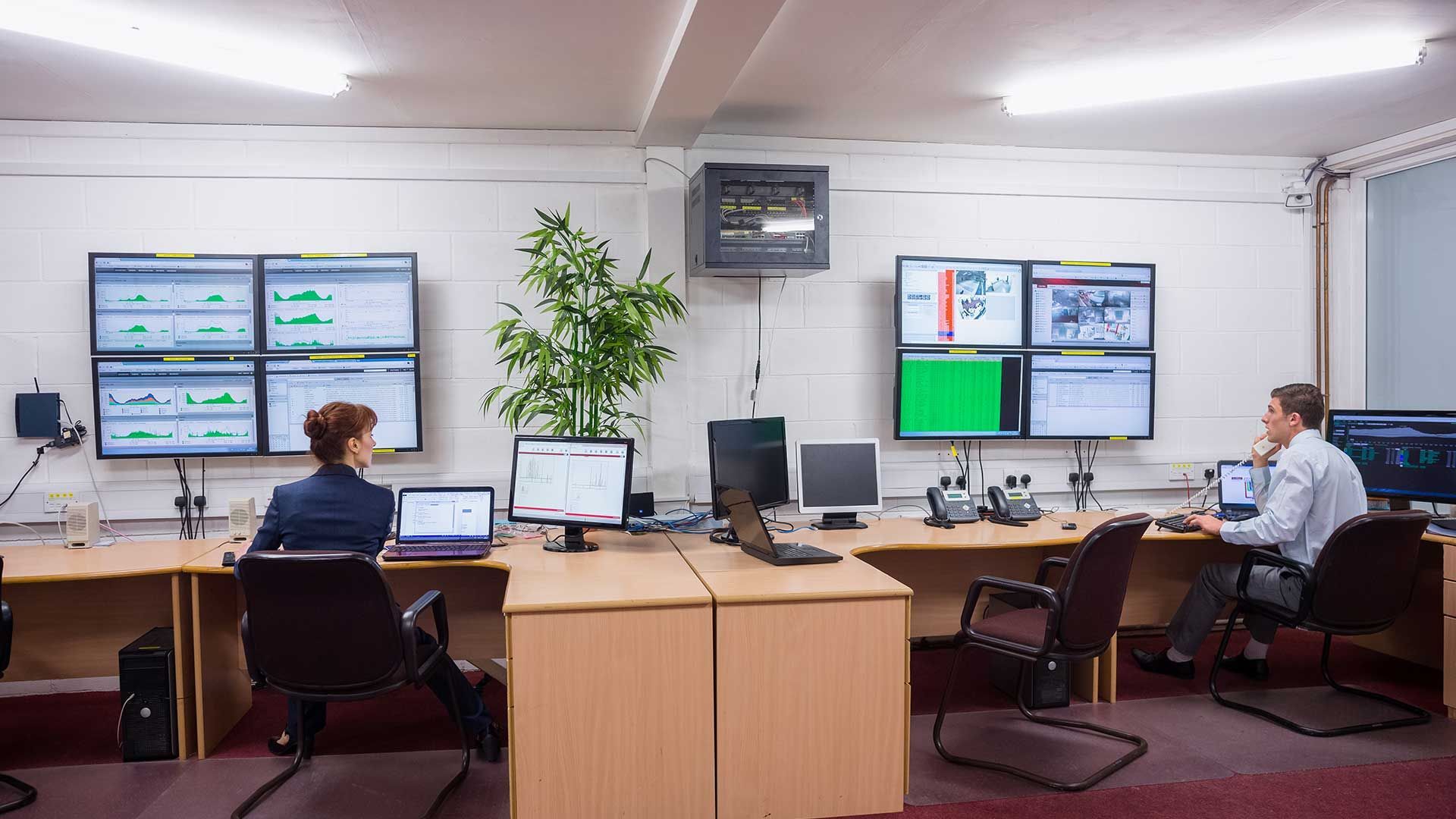Blog Layout
Nearest Expert Accountants for Maximizing Employee Tax Savings!
November 1, 2023
Ever searched for the "best small business accountant near me" and wondered why it matters? Understanding the nuances of taxes, especially when it comes to employee benefits, can be a mind-boggling affair. Local accountants not only help simplify this process but also offer tailored solutions that can result in significant savings. Let's dive into how they do this and why their proximity and expertise are essential for your business.
The Role of Accountants in Employee Tax Planning
Accountants are like the guiding stars of the complex universe of tax laws. They help businesses navigate through intricate regulations, ensuring maximum savings and minimal errors. But when we specifically talk about employee tax planning, the role of the "best small business accountant near me" becomes even more vital. These experts assist in understanding the tax reliefs available for employees, helping businesses offer competitive packages without unnecessary tax burdens.
Benefits of Local Expertise
Imagine you’re in a city you’ve never been to before. Would you trust a local guide or someone who has just read about the place online? Similarly, while national chains or online services might have broader knowledge, the best small business accountant near you has firsthand experience with regional tax intricacies. They:
- Understand regional and local tax codes and regulations better.
- Offer personalized services, adapting strategies to your specific needs.
- Know the local business landscape, giving them an edge in offering tailored advice.
Key Tax-Saving Strategies for Employees
- Retirement Contributions: One of the most effective ways to reduce taxable income is by maximizing contributions to retirement accounts like 401(k)s, 403(b)s, and Traditional IRAs. The contributions made to these accounts are often pre-tax, reducing the total taxable income for the year. With the guidance of the "best small business accountant near me," employees can strategize the right contribution amounts and understand the yearly limits.
- Health Savings Accounts (HSAs) & Flexible Spending Accounts (FSAs): Both HSAs and FSAs allow employees to set aside money on a pre-tax basis for medical expenses. However, they each come with unique features and rules. A skilled accountant can help employees determine eligibility, understand contribution limits, and advise on the most tax-efficient ways to use these funds.
- Education Assistance: Many companies offer tuition assistance or reimbursement programs that are tax-exempt up to a certain annual limit. Employees looking to further their education can tap into this benefit, reducing their taxable income. Accountants can help ensure that the courses or programs qualify for the exemption.
- Transportation Benefits: Some cities and companies offer transportation fringe benefits, allowing employees to use pre-tax dollars for transit passes, vanpooling, or even parking. Leveraging these benefits not only reduces commuting costs but also lowers taxable income.
- Employee Stock Options: When offered stock options or purchase plans, there are potential tax implications when buying, holding, or selling the stock. An expert accountant can provide guidance on the best strategies to minimize tax liabilities associated with these benefits.
- Home Office Deductions: Especially relevant in today's remote working landscape, employees who work from home may be eligible for certain tax deductions. This can include a portion of rent or mortgage, utilities, and office supplies. The "best small business accountant near me" can provide insights into what qualifies and how to calculate these deductions accurately.
- Professional Development & Memberships: In some professions, continued learning and professional association memberships are crucial. Some of these costs can be tax-deductible. An accountant can guide employees on which expenses qualify and how to claim them.
- Relocation Expenses: If an employee relocates for a new job, certain moving expenses might be deductible. Though recent tax law changes have modified who can claim this, an accountant can provide clarity on eligibility and potential deductions.
- Uniforms & Protective Clothing: If an employee is required to wear a uniform or specific protective clothing that isn't suitable for everyday wear, they might be able to deduct the cost and cleaning expenses. As always, consulting with an accountant ensures these deductions are valid and correctly claimed.
By leveraging these tax-saving strategies, employees can make the most of their income and benefits. It's essential to remember that tax laws are complex and ever-changing. What works one year might not be applicable the next. That's why having the "best small business accountant near me" on speed dial is a priceless resource in navigating the ever-evolving world of tax optimization.
Case Study: Maximizing Employee Tax Savings with Local Accountants
Consider 'Bella's Boutique', a thriving local business. When Bella searched for the "best small business accountant
near me", she connected with an expert who transformed her employee tax strategy. By implementing advice on retirement contributions and optimizing work-related deductions, Bella saved thousands in taxes, and her employees enjoyed better benefits.
Tips for Choosing the Right Local Accountant:
Check Their Qualifications:
- Certifications Matter: A Certified Public Accountant (CPA) is often seen as the gold standard in the accounting world. However, there are other reputable certifications, such as Enrolled Agents (EAs), which indicate specialization in tax matters.
- Continued Education: Tax laws and financial regulations change over time. A good accountant actively pursues continued education to stay updated.
Seek Referrals and Read Reviews:
- Word of Mouth: Personal recommendations from friends, family, or business associates can be invaluable. They can provide firsthand insights into the accountant's expertise, reliability, and manner of service.
- Online Reviews: Platforms like Google, Yelp, or industry-specific sites can provide a broader view of the accountant's reputation. Remember to look for patterns in reviews rather than isolated incidents.
Ask About Their Experience:
- Industry Specialization: Some accountants may have specific expertise in certain industries. Ensure your chosen accountant is familiar with the unique challenges and opportunities of your business sector.
- Size of Previous Clients: An accountant who typically handles individual taxes might not be the best fit for a growing business, and vice versa.
Consider Their Fees:
- Transparent Pricing: The "best small business accountant near me" should be upfront about their fee structure. Whether they charge hourly, per service, or a retainer, there should be clarity.
- Value over Cost: Opting for the cheapest accountant might not always be the best decision. It's essential to weigh the services provided against the fees to determine the value.
Evaluate Communication Skills:
- Response Time: In the fast-paced world of business, waiting days for a response can be detrimental. While accountants are especially busy during tax season, they should still be relatively prompt in their communications.
- Clear Explanations: An excellent accountant can break down complex financial terms and concepts into easy-to-understand language, ensuring you're always in the loop.
Assess Their Tech-Savviness:
- Modern Tools: With the advent of cloud accounting, AI, and sophisticated financial software, an accountant who's adept with the latest tools can offer more efficient and accurate services.
- Cybersecurity: Ensure that the accountant or their firm employs robust cybersecurity measures to protect sensitive financial data.
Check Their Availability:
- Year-round Service: Some accountants close shop after the tax season. However, businesses often require financial advice throughout the year. Ensure your accountant is available for consultations beyond just tax time.
- Meeting Flexibility: Especially for local accountants, the ability to have face-to-face meetings can be invaluable. Check if they offer flexible meeting times to accommodate your schedule.
Gauge Their Proactiveness:
- Tax Planning: Instead of just crunching numbers at the end of the fiscal year, a proactive accountant will offer strategies and insights throughout the year, ensuring you're always tax-optimized.
- Updates & Alerts: Changes in tax laws or business regulations can have significant impacts. A great accountant will keep you informed, ensuring you're never caught off-guard.
The Long-Term Benefits of Expert Accounting Partnerships
Aligning with an accountant is not a one-time affair. The "best small business accountant near me" will be a long-term partner in your business's financial journey. They ensure you remain compliant with changing tax laws, alert you to new savings opportunities, and protect you from potential pitfalls. Over time, this relationship can lead to sustained tax benefits and improved financial health for your business.
Conclusion
Your search for the "best small business accountant near me" is not just about ticking boxes and getting tax tasks done. It's about forging a partnership that can significantly impact your business's financial trajectory. As we at Valley Tax & Accounting
have often seen with our clients in Spanish Fork, UT, local expertise, especially concerning employee tax savings, is invaluable. We understand the nuances of regional tax codes and have honed our strategies to maximize employee tax benefits. So, the next time you think about taxes, think local, act smart, and consider partnering with us.
Ready to make the most of your employee tax strategies? Don't leave it to chance. At Valley Tax & Accounting, we pride ourselves on offering tailored solutions to meet the unique needs of each business. Reach out to us today at 801-900-3978, and together, let's pave the way for a more financially secure tomorrow.

February 28, 2024
Bookkeeping software can revolutionize your business operations, saving time, money, and effort. Learn about the benefits of streamlined financial tracking, real-time data insights, and automated reporting. Contact us to explore our solutions and unleash efficiency for your business.

January 24, 2024
Starting the tax season with a well-prepared tax prep checklist can be a game-changer for small business owners. It's not just about complying with legal requirements; it's also about smart financial management. When you're running a small business, every minute and dollar counts. That's why having a clear, efficient approach to handling your taxes is crucial. This guide is specially designed to help small business owners navigate the sometimes complex world of taxes. We understand that tax preparation might not be your favorite task, but it's essential for the health and success of your business. By following a comprehensive tax prep checklist, you can save both time and money – two resources that are incredibly valuable for any small business. Throughout this article, we'll walk you through the key steps and considerations in preparing your taxes. From understanding your business structure to identifying tax deductions , we aim to simplify the process. This guide will provide you with practical tips to make tax season less daunting, allowing you to focus more on growing your business. Let's dive in and demystify tax preparation for small businesses!








